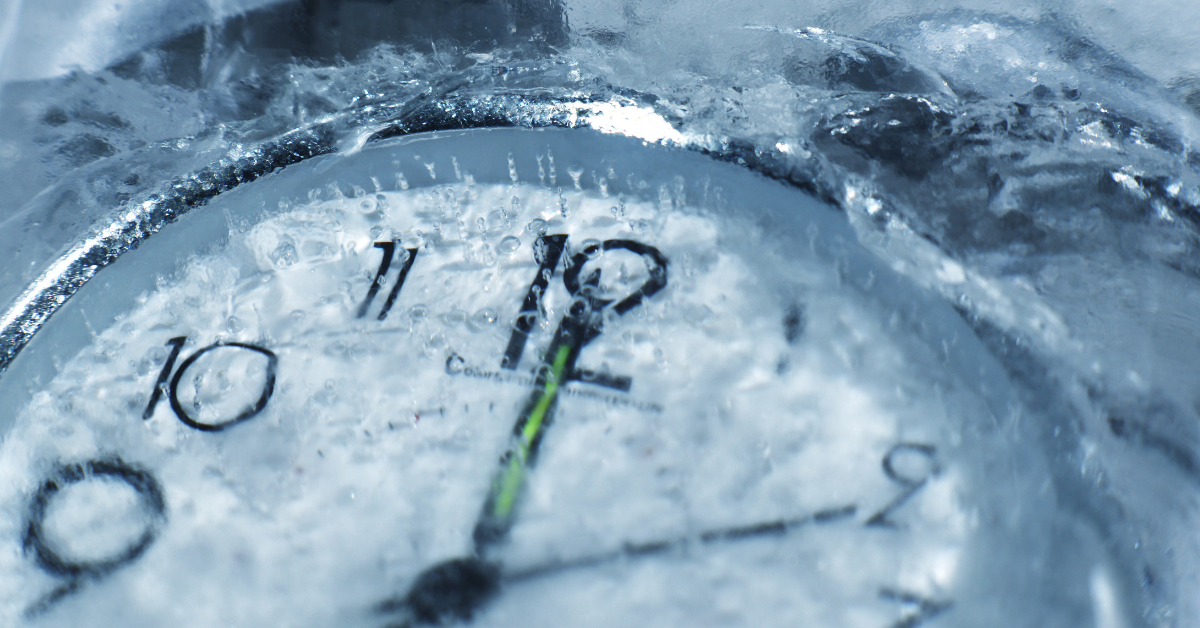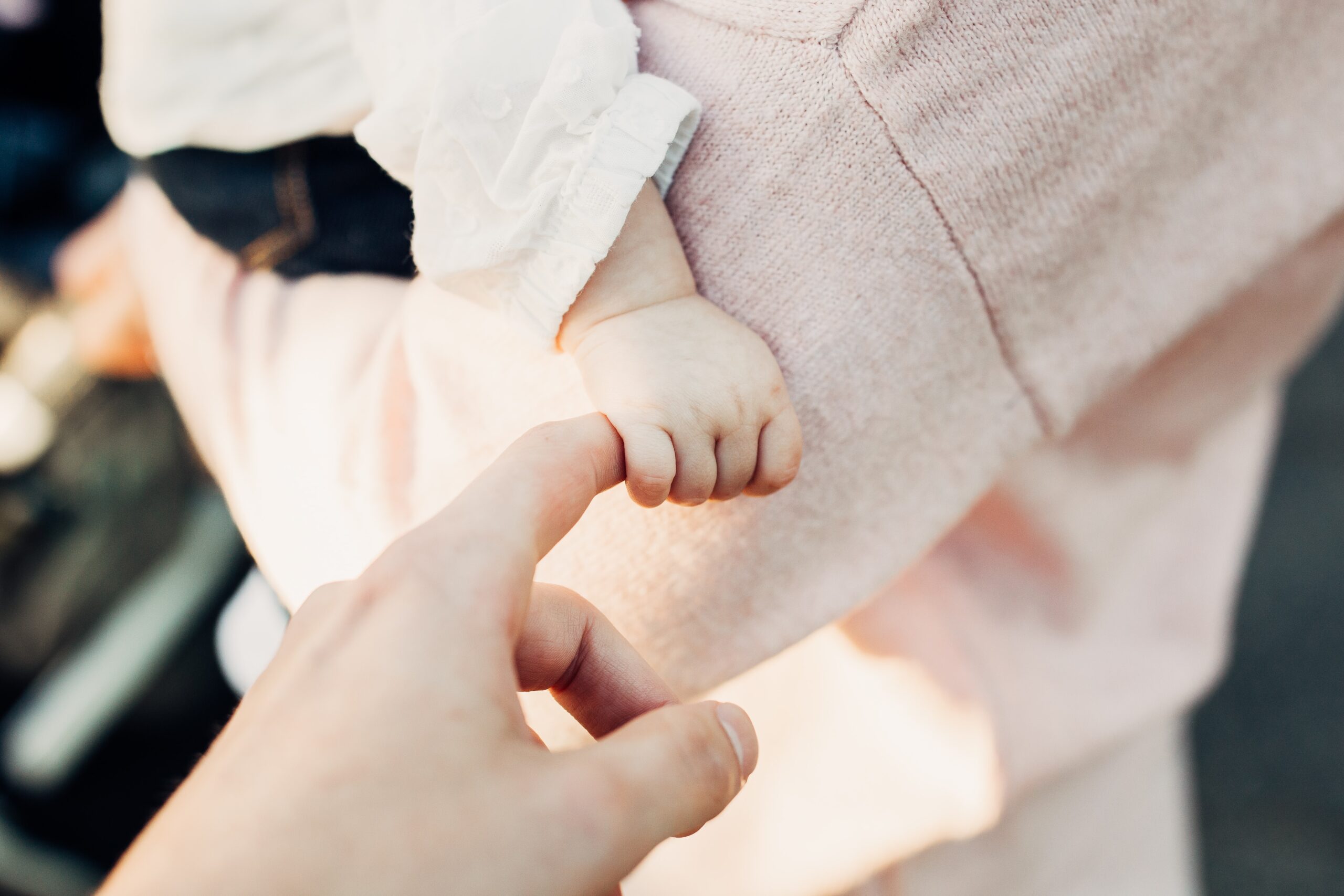
The American Society for Reproductive Medicine (ASRM) announced its 2022 awards. We are excited to see that a ReproTech’s Medical Advisory Committee member, Kyle Orwig, Ph.D., will be the recipient of the ASRM Distinguished Researcher Award! This award is given for "outstanding contributions to clinical or basic research in reproduction published during the previous ten years.” Dr. Orwig oversees the UPMC Fertility Preservation Program and the UPMC Magee Center for Reproduction and Transplantation. UPMC's fertility preservation program freezes testicular and ovarian tissue for children and adults before beginning fertility-threatening treatments, or for transgender individuals, before beginning gender-affirming hormone therapy. One area [Read More...]

How will the reversal of Roe vs. Wade impact the storage of my embryos at ReproTech? For clients with embryos in storage at all ReproTech locations, currently there is no impact to the storage of your embryos. You have the same control over storing, transferring, donating (when applicable) or discarding your embryos. What if my embryos are stored in your Texas location? Based on ASRM’s guidance in their Potential Implications for Reproductive Medicine report, ReproTech currently does not expect any impact in the operations at any of our locations, including ReproTech Texas. According to the ASRM report, Texas's Human Life [Read More...]

March 4, 2022 - Science News follows up 50 years later on a 1972 report about the viability of sperm after freezing. In February 1972 Science News reported that men banking their sperm were doing so without knowing how long their specimens would be viable for. They recently provided a 50-year update to this report, citing a study from 2013 in which an almost 40-yr-old, donated sperm specimen was used in the conception of healthy twin girls to a same-sex couple. The cited study involved ReproTech's own CEO Brent Hazelrigg and founder Russ Bierbaum. Long-term cryostorage continues to be a [Read More...]

ReproTech maintains multi-step safety procedures to eliminate potential cross-contamination between reactive and non-reactive embryos, semen, testicular tissue, oocytes (eggs) and ovarian tissue. From the clinic, to the maintenance of the specimens at ReproTech, these extra steps allow for the safety of reproductive tissue storage for all patients. After a patient establishes an account with ReproTech, we will request serology test results for communicable diseases such as HIV, Hepatitis B, Hepatitis C, Syphilis, or SARS-CoV-2/COVID-19. If a test shows a reactive result, ReproTech will send a shipping container for transport that is dedicated for potentially infectious specimens. When the specimens reach [Read More...]

12/13/21/Source: Cystic Fibrosis News Today A study on cystic fibrosis fertility published in the Journal of Advanced Nursing conducted by researchers at the University of Alabama focused on female Cystic Fibrosis (CF) patients' fertility preservation pre-lung transplant. The study found that 78% of women diagnosed with CF want to have biological children but the treatment could cause infertility. The study established that three out of four women when discussing their treatment plan fertility preservation was never talked about. Cystic Fibrosis patients had to rely on the internet and social media along with other CF patients for information about parenthood and [Read More...]

Our clients often ask, how long can I store my embryos? We say, indefinitely. And we continue to see healthy babies born from embryos that have been in storage for longer and longer! There is no maximum number of years an embryo can stay in storage and still be viable. Meaning that someone can store their embryos as long as they wish. The first successful birth from a frozen embryo was in 1978 and since then there have been many successful births from frozen embryos. Beginning in the 1980s, embryo freezing has become a common practice among clinicians. Currently, the [Read More...]

11/03/2021/Source: UMPC -Kien Tran a Ph.D. candidate at the University of Pittsburgh School of Medicine. This summary is written by Tran participating in the Science writing mentorship. When a child has cancer, their parents are rightfully focused on a cure. But that cure can come at a future cost: infertility. I am a Ph.D. candidate working in Dr. Kyle Orwig’s lab at the Magee-Womens Research Institute, which focuses on reproductive biology. In my research, I have learned that patients and their guardians are willing to pursue an experimental fertility preservation procedure when no alternatives are available. Sperm freezing is not possible for [Read More...]

Baby born from 27-year-old embryo believed to have broken record set by her big sister 12/01/2020/ Source: CNN – Though Molly Gibson is just over one month old, she could've been born at any point in the last 27 years. Her embryo was frozen in October 1992 and stayed frozen until earlier this year in February, when Tina and Ben Gibson of Tennessee adopted her embryo. Tina gave birth to Molly in late October -- nearly 27 years after her embryo was first frozen. Molly's birth is believed to have set a new record -- one previously held by her [Read More...]

ReproTech Presents Study on Important Considerations for Safe Cryogenic Shipping PRESS RELEASE: St. Paul, MN, October 29, 2020 --(PR.com)-- ReproTech, Ltd. was honored to present an oral abstract at the virtual American Society for Reproductive Medicine (ASRM) 2020 Scientific Congress and Expo that resulted from a study designed by authors, W. Brent Hazelrigg, President and CEO; and Amy Erickson Hagen, Vice President of Quality Assurance and Special Projects. Cryogenic shipping containers (cryoshippers) are used every day to safely transport reproductive tissue specimens between clinics and storage facilities. Within the walls of a cryoshipper, absorbent material holds liquid nitrogen to provide [Read More...]